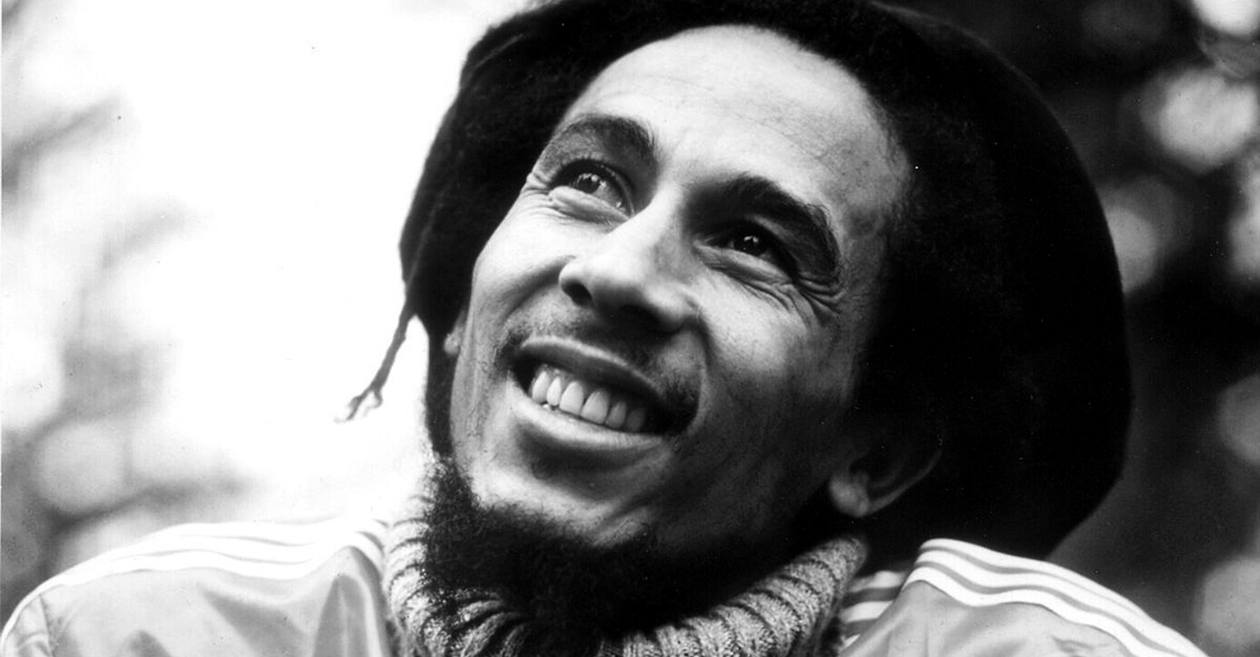


Bob Marley's journey from the lively streets of Kingston, Jamaica, to global icon status is a powerful tale of music's transformative magic. Born into humble beginnings, Marley's reggae sound became a universal language of unity. His path to fame included key milestones, notably the formation of The Wailers and the release of iconic albums like "Exodus." Marley's music wasn't just melodies; it carried messages of love, peace, and social justice. His legacy endures, spreading positive vibes worldwide. From the streets of Kingston to the hearts of millions, Bob Marley's life story is a testament to the enduring influence of a man who turned his struggles into timeless tunes.
People Also Read: Who Is The CEO Of Fresenius?
Bob Marley, started his music journey with the Wailers in 1963. Embracing Rastafarianism, he released hit albums like "Natty Dread" and "Rastaman Vibration." In 1976, facing political violence in Jamaica, an attempt on Marley's life led him to self-exile in England, where he produced "Exodus" and "Kaya." Despite battling cancer secretly, he continued to work, releasing "Survival" in 1979 and touring Europe. In 1980, Marley participated in Zimbabwe's independence ceremony. Unfortunately, on May 11, 1981, at 36, he succumbed to cancer, leaving behind a lasting legacy that introduced reggae music to the world.
Bob Marley was born on February 6, 1945, in Nine Mile, Jamaica, and later moved to the impoverished neighborhood of Trench Town in Kingston. Raised by his mother, Cedella Booker, Bob's early life was shaped by the vibrant Jamaican culture and the struggles of urban life.
At a young age, Marley discovered his passion for music and formed The Wailers with friends Peter Tosh and Bunny Wailer. Their journey began in Trench Town, where the trio started crafting the reggae sound that would define a generation.
The 1960s saw Jamaica gaining independence, and Bob Marley and The Wailers mirrored this spirit of change through their music.
Signing with Island Records in 1972 marked a turning point for Marley. "Catch a Fire," their first international album, brought reggae to a global audience. The inclusion of hits like "Stir It Up" and "Concrete Jungle" showcased Marley's ability to blend soulful melodies with socially conscious lyrics.
Marley's rise continued with a string of influential albums, solidifying his status as a musical icon and a voice for social change.
Released in 1974, this timeless anthem captured the struggles of the Jamaican people. Its universal message resonated across borders, turning Marley into a symbol of hope for the oppressed.
As the 1970s ended, Bob Marley faced health challenges, but his commitment to music and activism remained unwavering.
Released in 1977, "Exodus" became a landmark album, featuring hits like "One Love" and "Jamming." It not only topped charts worldwide but also earned Marley a Grammy Award for Best Reggae Album.
Even after his passing on May 11, 1981, at the age of 36, Bob Marley's influence has only grown stronger.
In 1999, TIME magazine named Marley's "Exodus" Album the greatest album of the 20th century, highlighting the enduring impact of his music.
| Year | Milestone |
| 1945 | Bob Marley is born in Nine Mile, Jamaica |
| 1962 | The Wailers form in Trench Town |
| 1972 | Signing with Island Records, "Catch a Fire" released |
| 1974 | "No Woman, No Cry" becomes a global anthem |
| 1977 | "Exodus" Album released, winning a Grammy |
| 1981 | Bob Marley passes away, leaving an indelible legacy. |
Bob Marley's life is like a magical story where music becomes a force that goes beyond limits and sparks positive change. His legacy is a constant reminder to choose love, peace, and unity. As we enjoy his timeless tunes, it's like feeling the heartbeat of reggae itself. Bob Marley, even though he's not with us physically, remains forever alive. His music is a universal language that connects people, making us dance to the rhythm of his melodies while embracing the values he stood for. In every beat, Bob Marley continues to inspire, proving that music can be a powerful guide to a better, more harmonious world.
Bob Marley was born on February 6, 1945, in Nine Mile, Jamaica.
"Catch a Fire," released in 1972 under Island Records, marked the international breakthrough for Bob Marley and The Wailers.
"No Woman, No Cry," released in 1974, emerged as an anthem of hope and resilience, capturing the struggles of the Jamaican people.
The "Exodus" Album, released in 1977, not only topped global charts but also earned Bob Marley a Grammy Award for Best Reggae Album.
Bob Marley passed away on May 11, 1981, at the age of 36, leaving behind an enduring legacy as a musical icon and a voice for social change.
Trash to treasure: How Google thinks
Spring Fashion Show at the University
Matter of Impact: April updates from
Android Enterprise security delivers
We are not gonna make spamming
Copyright By@TheWebTrends - 2023
BACK TO TOP